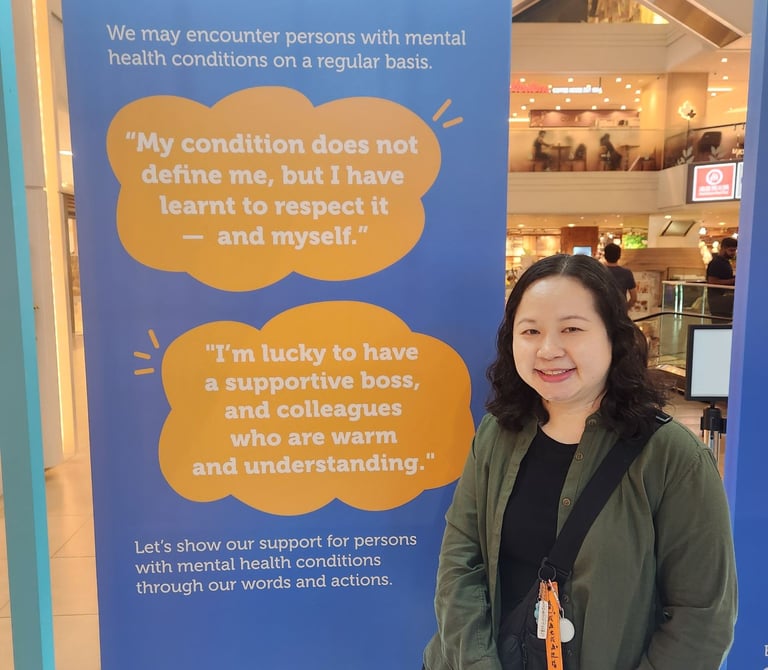Let's work better together
I’ve put together this guide to help our interactions be smoother and more meaningful.
I may be a neurominority with non-visible disabilities, but my challenges don’t stop me from doing great work in my workplaces as long as the right conditions are in place.
I believe that when we share what we need to do our best work, it’s easier for others to support us and help us thrive. I encourage you to do the same, because it can truly make a difference!




The channels I prefer to communicate via are...
I work best with asynchronous, text-based communication, and am available for scheduled meetings when necessary.
During online meetings, I usually rely on live captions to follow the conversation, as I process written information more easily than audio.
I prioritize deep work and recovery by reserving phone calls for emergencies and disconnecting during sleep hours. This helps me maintain the reliability and steady partnership my team counts on.


People often say I'm brilliant at...
Seeing patterns and making sense of complexity. I spot connections others might miss, think ahead to potential challenges, and suggest practical, constructive ways forward.
Creating clarity from mess. I organize scattered information, fix gaps in data, simplify processes, and design systems that make work easier for everyone.
Supporting inclusion, belonging, and mental wellbeing. I combine strategic thinking with empathy to create environments where people can thrive.
Reflecting, writing, and sharing insights. I capture experiences and lessons in meaningful ways that help others think, learn, and grow.


I thrive at work when...
Communication is clear and written. I prefer written instructions, simple language, and minimal small talk. Short, focused meetings work best, with agendas shared in advance and follow-up notes afterward. I do my thinking offline, and my notes are cues for my own follow-ups.
Expectations and priorities are well defined. I work best when goals, deadlines, and priorities are clear. If a project is deprioritized or no longer funded, I appreciate being informed early so I can adjust my focus.
I have flexibility for deep, focused work. I do my best work with long periods of concentration and control over my schedule, including movement and sensory breaks. Unexpected or context-free meetings can be difficult for me to process, so a brief context helps me feel oriented and contribute effectively.
My sensory needs are respected. I manage focus by adjusting my environment, such as using noise-canceling headphones and limiting exposure to loud voices or bright lights. Eye contact is appreciated but not required, as prolonged eye contact can be uncomfortable.


The best way to give me feedback is...
Be clear, direct, and specific. Written feedback or bullet points help me process at my own pace.
Focus on actionable steps. I do best when I know what to adjust, rather than receiving vague or indirect comments.
Give me time to absorb and respond. Immediate reactions can be challenging, so I may need time to reflect before continuing the discussion.
Balance strengths and areas for improvement. Knowing what’s working well alongside what needs adjustment helps me improve effectively.
Avoid unnecessary small talk. A straightforward approach helps me stay focused.